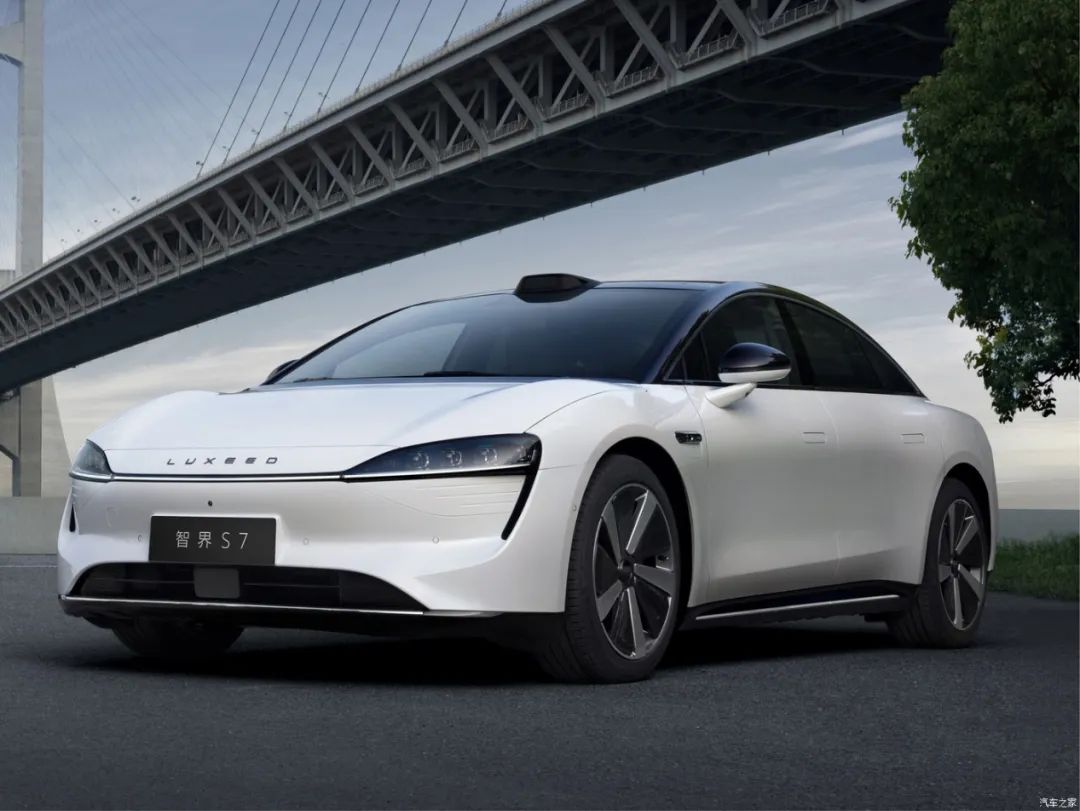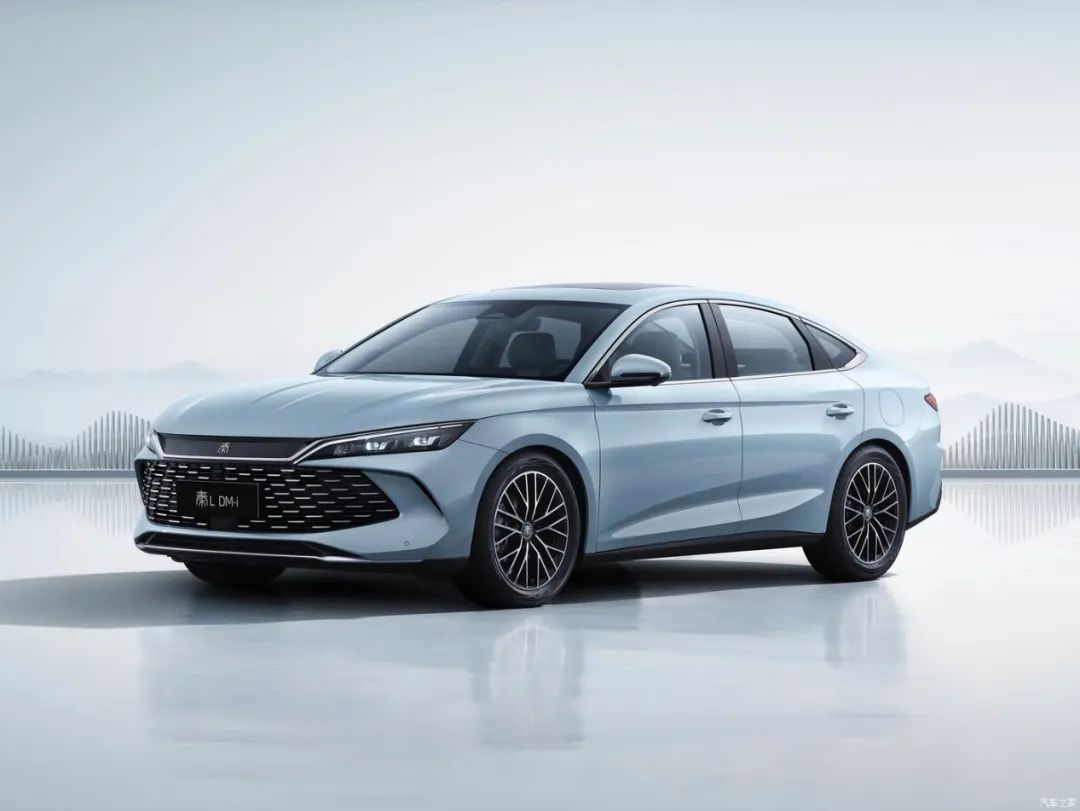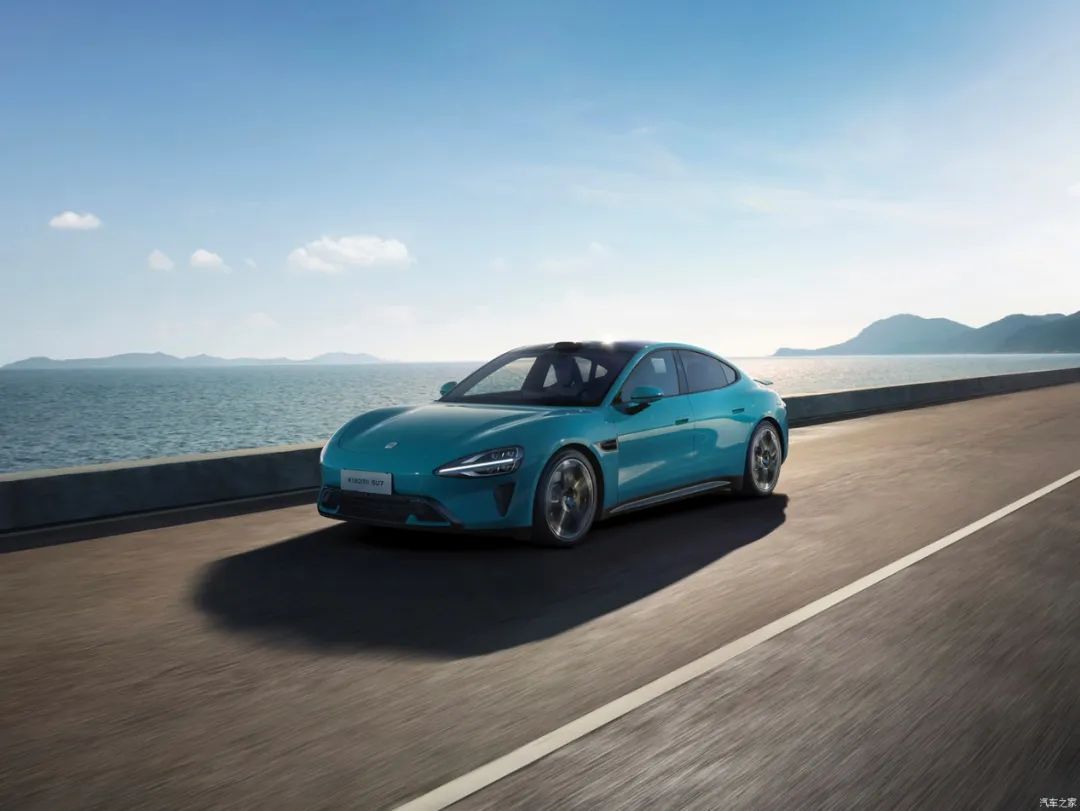Can Huawei's Smart Cars, Avoiding the Low-Price Market, Remain Far Ahead?
![]() 07/01 2024
07/01 2024
![]() 535
535
Grabbing the low-price market has become the main theme in the current domestic automotive market. Both independent new energy brands and joint venture established automakers are caught up in an unprecedented and fierce competition. They are not only offering discounts on existing models but also entering the low-price car market to capture more market share through price reductions. NIO has created a sub-brand called Ledo, and BYD has continuously launched low-priced new cars... However, Yu Chengdong, the chairman of Huawei's Intelligent Automotive Solution BU, recently stated that Huawei currently does not have the capability for low-cost production and cannot make cars priced below 200,000 yuan. In the current domestic market, can Huawei's Smart Selection cars, which avoid the low-price market, remain far ahead?
Currently, most of the models Huawei cooperates with various automakers are priced above 300,000 yuan, which has led to Huawei's inability to compete with leading new energy companies like BYD. Facing BYD's frequent price reductions this year, Yu Chengdong has somewhat "had enough" and made the statement that "Huawei is not good at rolling ultra-low prices, but is good at rolling value and intelligence." In the current混战situation among automakers, consumers are the biggest beneficiaries, hoping to enjoy products with higher configurations and better performance at lower prices. Huawei's such remarks have undoubtedly become a point of controversy.

△ Yu Chengdong's remarks about rolling value but not price have sparked controversy
Does Huawei have the ability to "roll prices"?
Although Huawei's automotive "circle of friends" is currently bustling, the vast majority of models are positioned at the high end, and there are no household models priced in the tens of thousands. In the field of household new energy models, BYD has captured a considerable market share by launching the 99,800 yuan BYD Qin L and the Hai Bao 06. Huawei's view of refusing to roll prices but rolling value seems somewhat powerless in the face of BYD's two new models. The 100,000 yuan level BYD Qin L and Hai Bao 06 are equipped with cutting-edge fifth-generation DM-i technology, fully achieving both rolling value and rolling price.
Compared with BYD, which has a long history in vehicle manufacturing, Huawei still has a considerable gap in supply chain and component manufacturing, so its ability to control cost reduction needs to be improved. Currently, Huawei and BYD do not intersect in the ten-thousand-level model segment, but they will soon face off in the mid-to-high-end segment. Huawei plans to enter the mid-market segment, and its future models may drop below 200,000 yuan to compete with BYD's Hai Bao series. Huawei also plans to build a million-level SUV to compete with BYD's U8. Huawei's Smart Selection's four major families - Wenjie, Zhijie, Xiangjie, and Aojie - are about to complete their layout, covering the entire new energy field, and will undoubtedly engage in a final battle with BYD.

△ BYD's Qin L achieves both rolling value and rolling price
Challenges Facing Huawei
Setting aside the competition between Huawei and BYD, Huawei currently faces even more formidable opponents. Ideal and Xiaomi have become obstacles preventing Huawei Smart Selection cars from climbing to the top of new force sales. Although the Zhijie S7, which competes with Xiaomi's SU7, saw an increase in sales after its second launch, it narrowly lost to Xiaomi's SU7 with over 8,000 new car sales in May with a delivery volume of 3,455 units. The Wenjie series lost its monthly delivery crown to the new forces under the impact of Ideal. Although Huawei has always emphasized rolling value rather than rolling prices, it has inevitably been shaken under the siege of Ideal and Xiaomi. Huawei has also begun to "roll prices": The re-launch of the Zhijie S7 not only reduced the price but also significantly improved the configuration of the entry-level model. The starting price of 249,800 yuan is not "far ahead" among models of the same level, but instead focuses on cost-effectiveness. Even though Yu Chengdong previously stated that "producing products below 300,000 yuan is unprofitable," the significant increase in sales brought about by price reductions undoubtedly makes Huawei and its partners secretly exclaim "delicious." Although Huawei and its partners are considered strong alliances, they are prone to frictions when creating new brands. Unlike Seres, which has completely "entrusted" itself to Huawei, large manufacturers like Chery, which have mature manufacturing and product systems, will have many conflicts with Huawei in the production process. The early delivery difficulties of the Zhijie S7 also verified this fact. Whether BAIC and JAC, which will cooperate with Huawei in the future, will have the same problems is also a concern within Huawei's Hongmeng Zhixing.

△ Zhijie S7 is overshadowed by its same-level competitor Xiaomi SU7
Rolling prices is also rolling value
Regarding Yu Chengdong's remarks about rolling value but not price, most consumers have not resonated with them too much. In today's domestic market, consumers finally have their own right to choose, and most people's consumption philosophy has shifted to "wanting both." They not only want affordable prices but also reliable quality. As BYD has launched one price reduction wave after another, many consumers have realized that the cost of cars is not as high as they imagined. Automakers can fully promote the optimization of vehicle design through technological innovation, ultimately gaining greater cost advantages.
BYD invested a huge amount of money upfront to develop cutting-edge technology and is now entering the harvest period, which is why the BYD Qin L and Hai Bao 06 are selling well. Consumers have also realized that high-value new energy models do not necessarily equate to high prices.
△ Today's consumers tend to prefer "wanting both" when purchasing cars
Commentary
Today's domestic automotive market has evolved to the point where various automakers' bosses have entered the field of "live streaming" to promote sales. However, the long-term development of automakers cannot rely solely on traffic but rather on technology and quality. BYD has sparked a price reduction wave and become the "king of rolling," but whether this path can be sustainable remains to be seen. Huawei Smart Selection cars have relatively high procurement costs and are still difficult to roll prices, making it a challenge for Huawei to meet the needs of consumers who want both.






